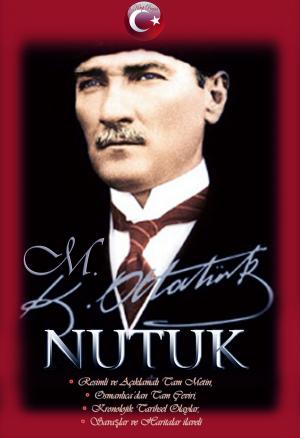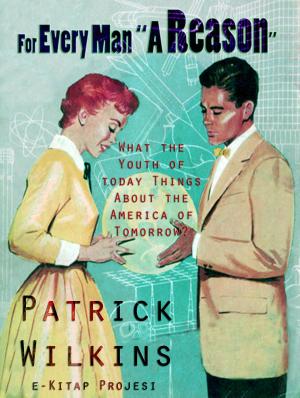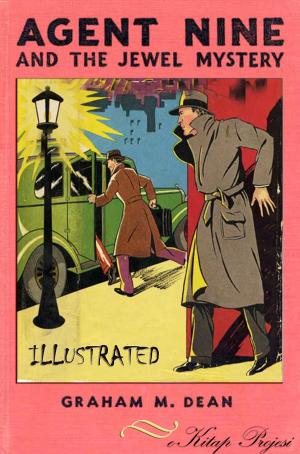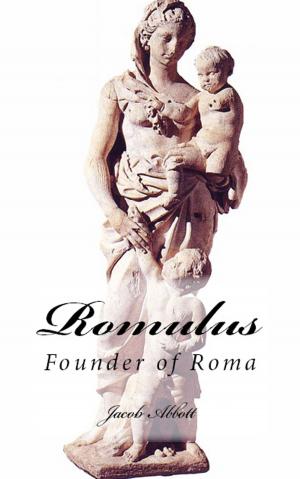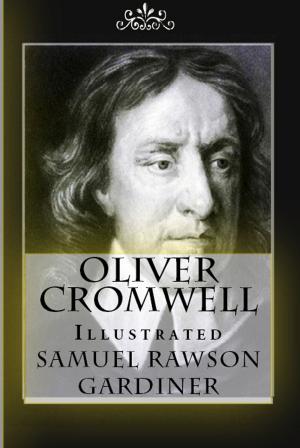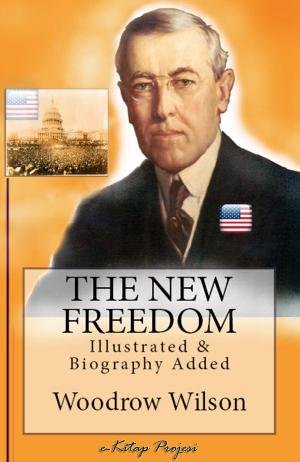Honest Abe
"A Study in Integrity Based on the Early Life of Abraham Lincoln"
Nonfiction, Social & Cultural Studies, Social Science, Social Work| Author: | Alonzo Rothschild | ISBN: | 9786059285124 |
| Publisher: | eKitap Projesi | Publication: | September 30, 2015 |
| Imprint: | eKitap Projesi | Language: | English |
| Author: | Alonzo Rothschild |
| ISBN: | 9786059285124 |
| Publisher: | eKitap Projesi |
| Publication: | September 30, 2015 |
| Imprint: | eKitap Projesi |
| Language: | English |
HE who seeks to understand the character and achievement of Abraham Lincoln must begin with a study of the man’s honesty. At the base of his nature, in the tap-root and very fiber of his being, pulsed a fidelity to truth, whether of thought or of deed, peculiar to itself. So thoroughgoing was this characteristic that it seems to have begun in him where in other men it generally leaves off. Politicians without number have yielded a work-a-day obedience to the rules of honor, but there is record of no other public leader in recent times who, among the vicissitudes of a trying career, has endeav-ored to balance actions and principles with such painstaking nicety. To trace these efforts from Lincoln’s early years is to pass with him, pace for pace, over part of the road that led to distinction. As we go we shall have to take account of hap-penings, little as well as big; for every man is the sum of all his parts, and in no other way may we hope to comprehend how the esteem that began with a few rustic neighbors grew until it filled the heart of a nation.
To what extent, if any, Lincoln inherited his uprightness of mind from remote ancestors will probably never be known. The bare lines of the genealogical chart afford no clues to the characters of the men and women whose names appear there. If any of the threads spun out of their several lives met and twined in the broad strand of blue that enriched his, there is no way of identifying the spinners. Less obscure, though per-haps of only passing interest, is what may be gleaned under this head about two of Lincoln’s nearer relations. His father’s brothers, Mordecai and Josiah, appear to have enjoyed general respect on account of their probity.
“They were excellent men,” said one who claimed to know them intimately, “plain, moderately educated, candid in their manners and inter-course, and looked upon as honorable as any men I have ever heard of.”[i-1] Their younger brother Thomas, however, cannot be so readily portrayed. He has, like his illustrious son, been, in turn, depreciated and idealized to such a degree that the inquirer, who would reach safe conclusions in respect to him, must tread warily through a maze of contradictions.
Rejecting the praise as well as the blame of hearsay histori-ans, and following the testimony of those only who knew the man, we learn from one that he was “honest”; from another that he “was regarded as a very honest man”; and still another found him “always truthful—conscientious.”[i-2] To these tributes must be added what one who was doubly connected with Thomas Lincoln had to say about him:—
“I’m just tired of hearing Grandfather Lincoln abused,” said Mrs. Dowling, the daughter of Dennis Hanks and Matilda John-son, speaking to an attentive listener, not many years ago. “Everybody runs him down.”
HE who seeks to understand the character and achievement of Abraham Lincoln must begin with a study of the man’s honesty. At the base of his nature, in the tap-root and very fiber of his being, pulsed a fidelity to truth, whether of thought or of deed, peculiar to itself. So thoroughgoing was this characteristic that it seems to have begun in him where in other men it generally leaves off. Politicians without number have yielded a work-a-day obedience to the rules of honor, but there is record of no other public leader in recent times who, among the vicissitudes of a trying career, has endeav-ored to balance actions and principles with such painstaking nicety. To trace these efforts from Lincoln’s early years is to pass with him, pace for pace, over part of the road that led to distinction. As we go we shall have to take account of hap-penings, little as well as big; for every man is the sum of all his parts, and in no other way may we hope to comprehend how the esteem that began with a few rustic neighbors grew until it filled the heart of a nation.
To what extent, if any, Lincoln inherited his uprightness of mind from remote ancestors will probably never be known. The bare lines of the genealogical chart afford no clues to the characters of the men and women whose names appear there. If any of the threads spun out of their several lives met and twined in the broad strand of blue that enriched his, there is no way of identifying the spinners. Less obscure, though per-haps of only passing interest, is what may be gleaned under this head about two of Lincoln’s nearer relations. His father’s brothers, Mordecai and Josiah, appear to have enjoyed general respect on account of their probity.
“They were excellent men,” said one who claimed to know them intimately, “plain, moderately educated, candid in their manners and inter-course, and looked upon as honorable as any men I have ever heard of.”[i-1] Their younger brother Thomas, however, cannot be so readily portrayed. He has, like his illustrious son, been, in turn, depreciated and idealized to such a degree that the inquirer, who would reach safe conclusions in respect to him, must tread warily through a maze of contradictions.
Rejecting the praise as well as the blame of hearsay histori-ans, and following the testimony of those only who knew the man, we learn from one that he was “honest”; from another that he “was regarded as a very honest man”; and still another found him “always truthful—conscientious.”[i-2] To these tributes must be added what one who was doubly connected with Thomas Lincoln had to say about him:—
“I’m just tired of hearing Grandfather Lincoln abused,” said Mrs. Dowling, the daughter of Dennis Hanks and Matilda John-son, speaking to an attentive listener, not many years ago. “Everybody runs him down.”




